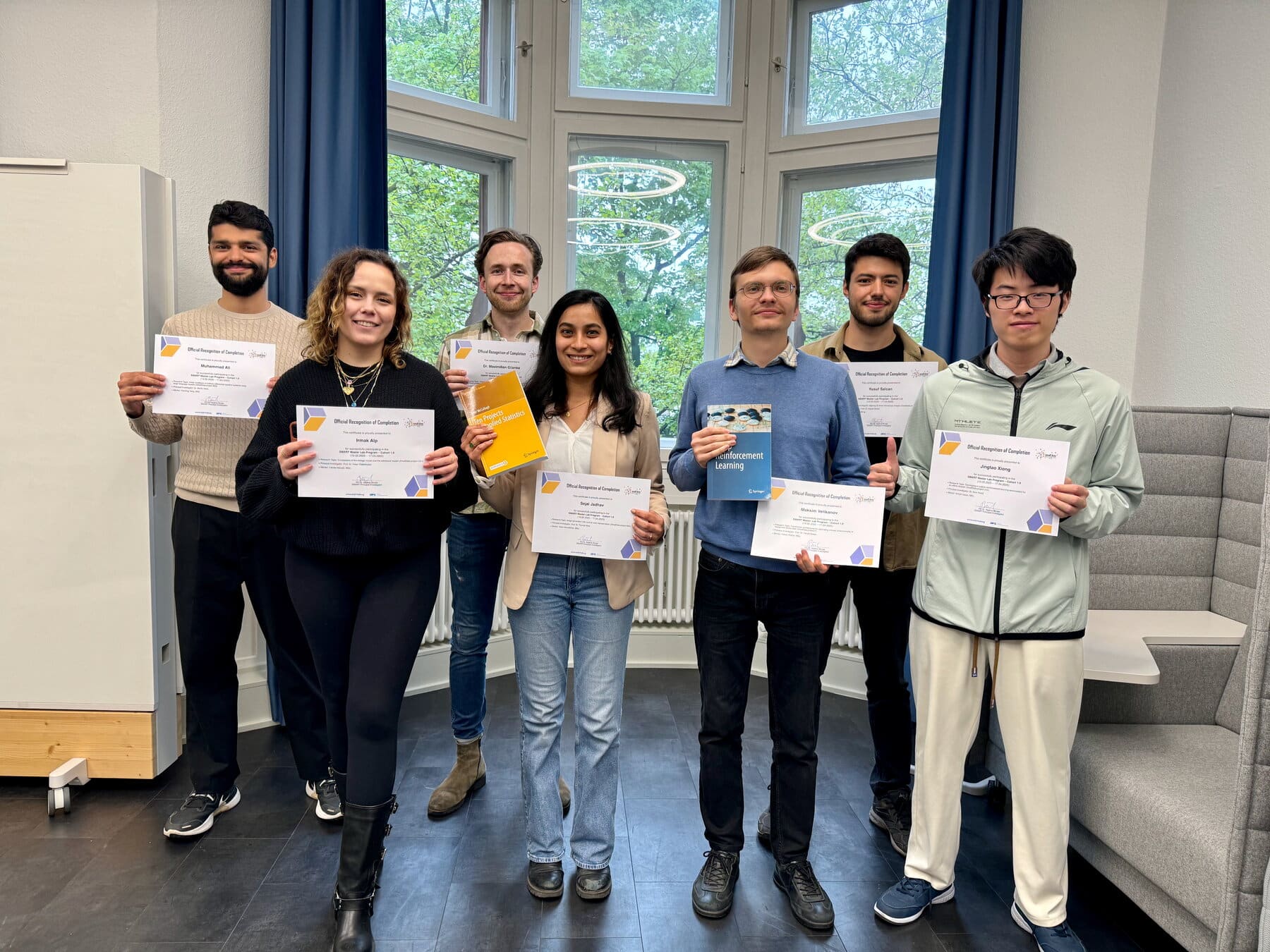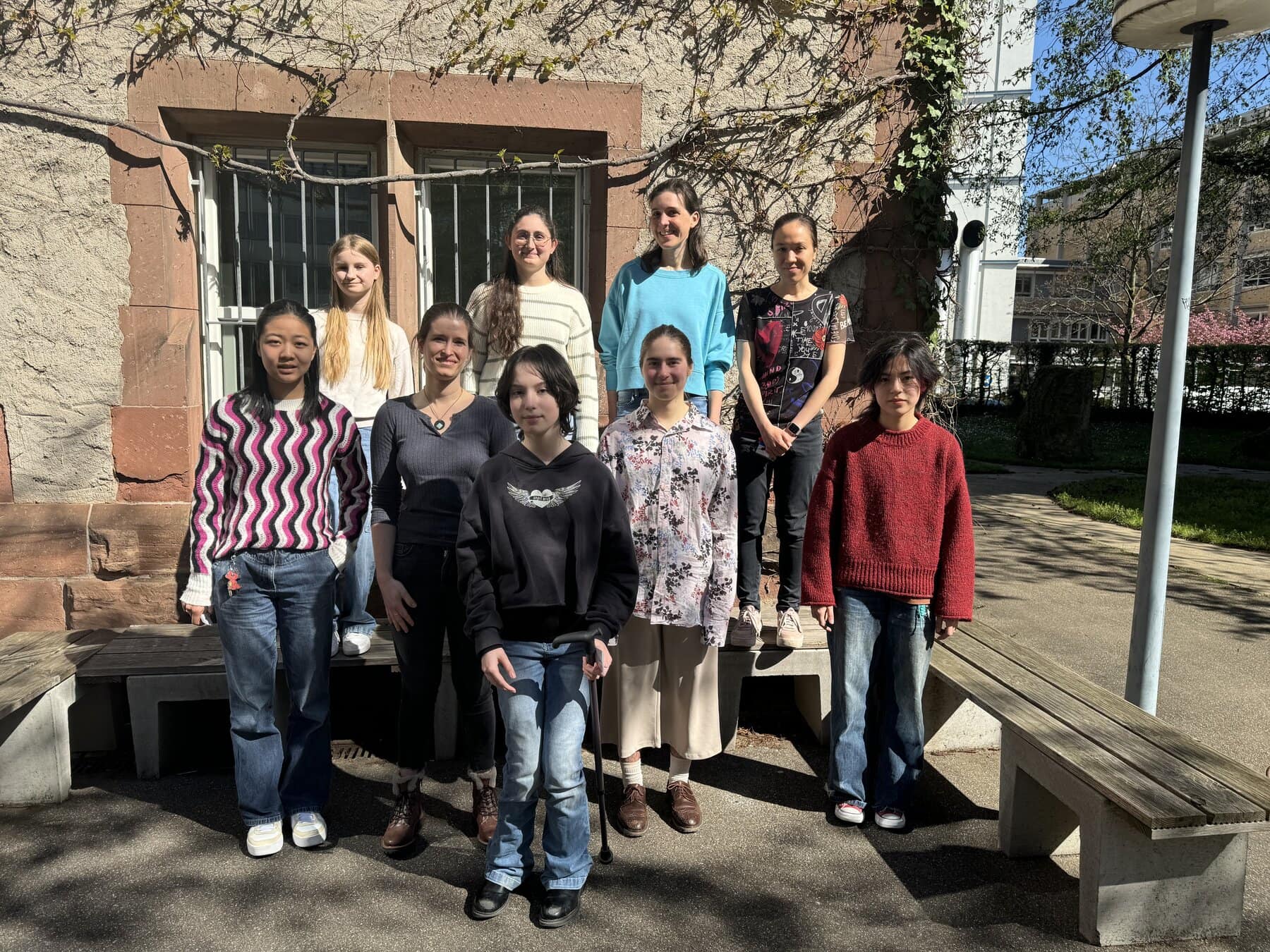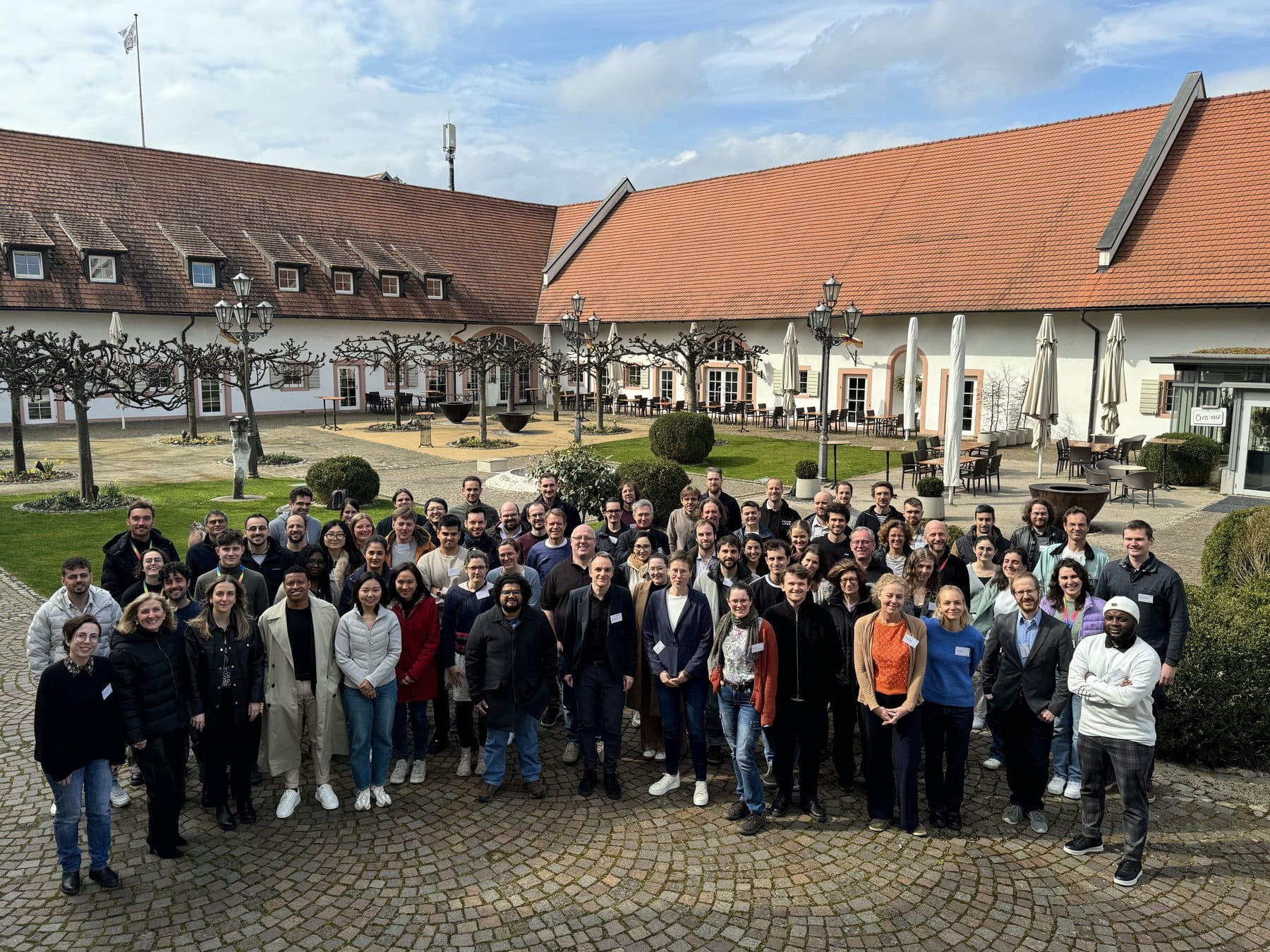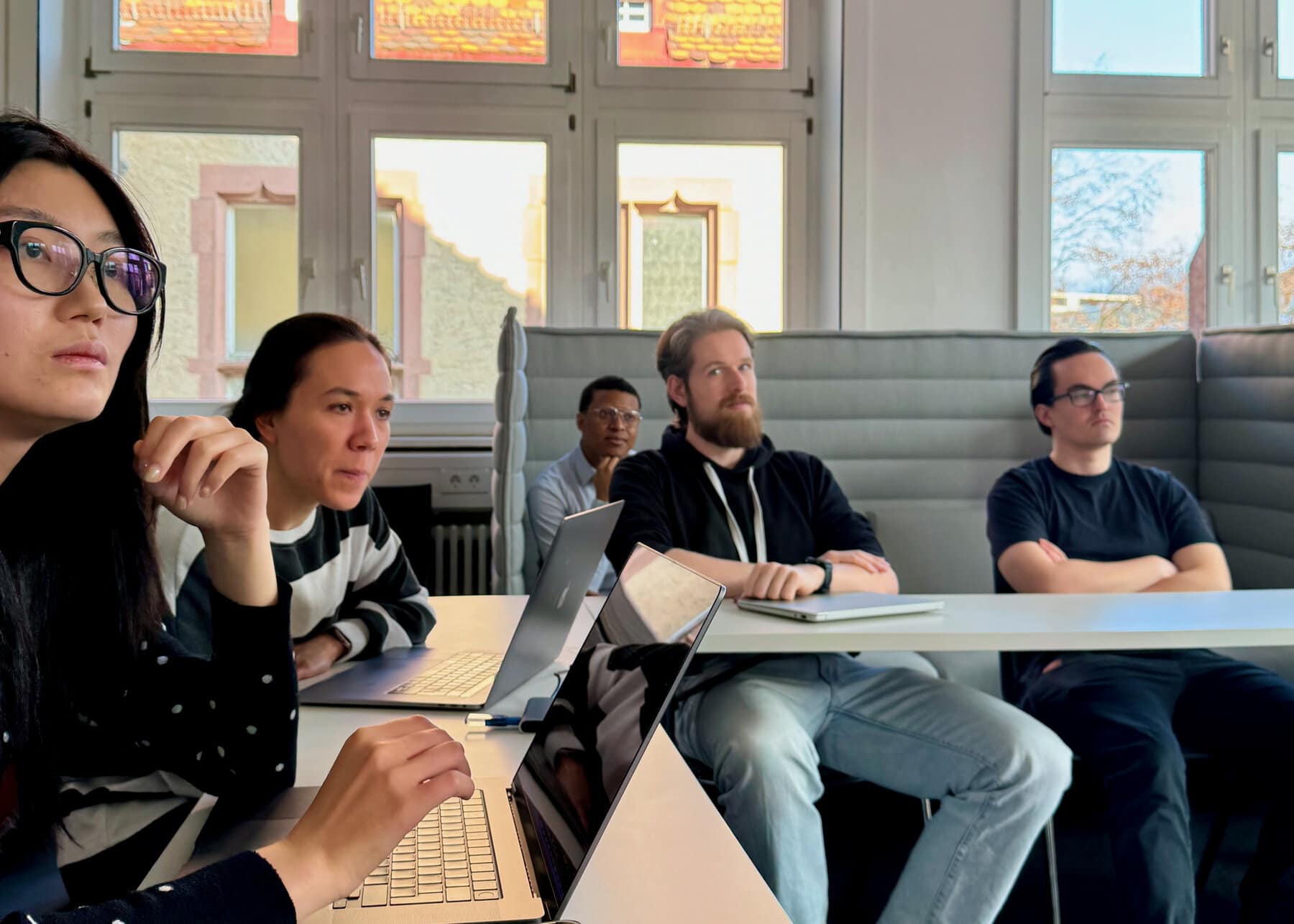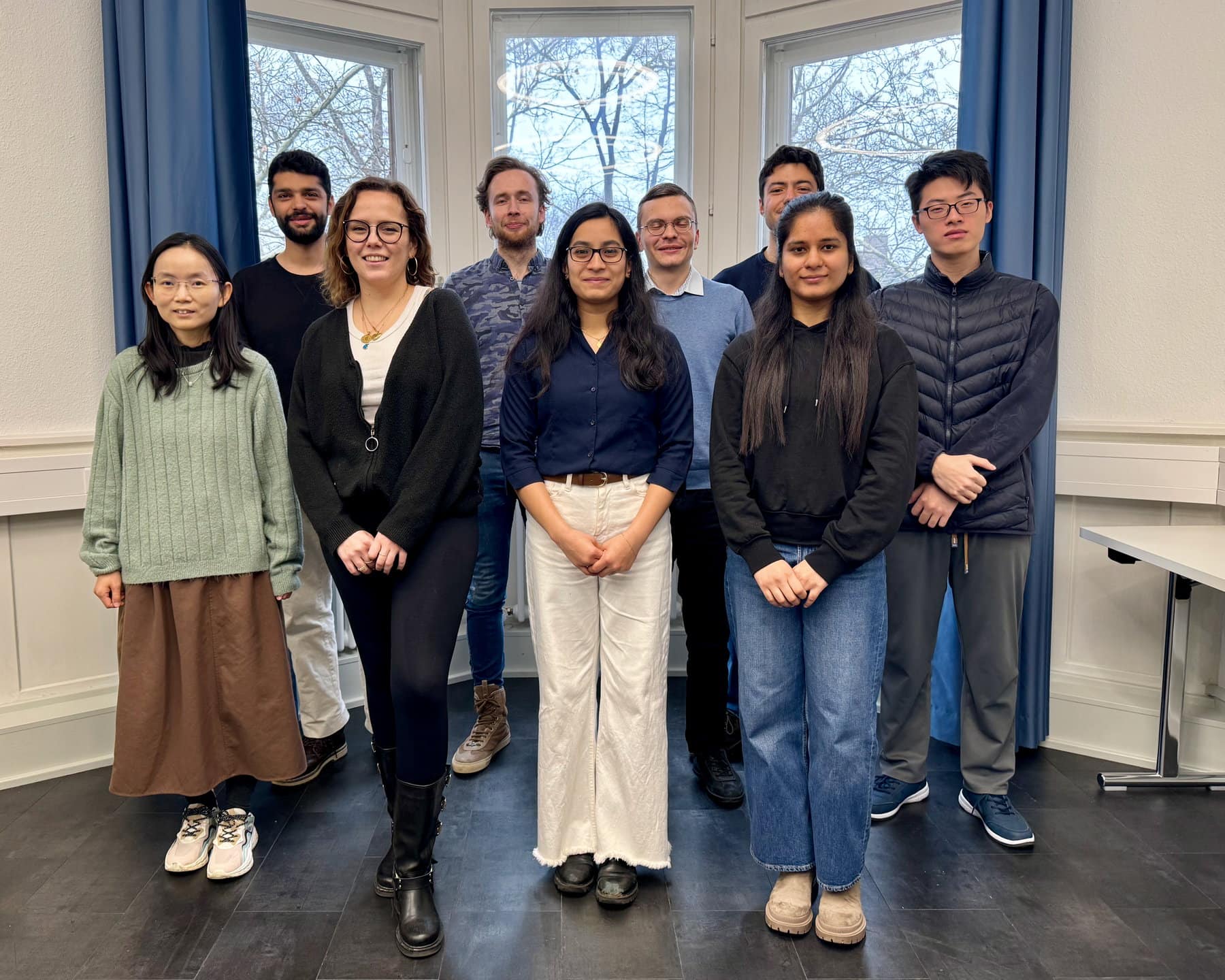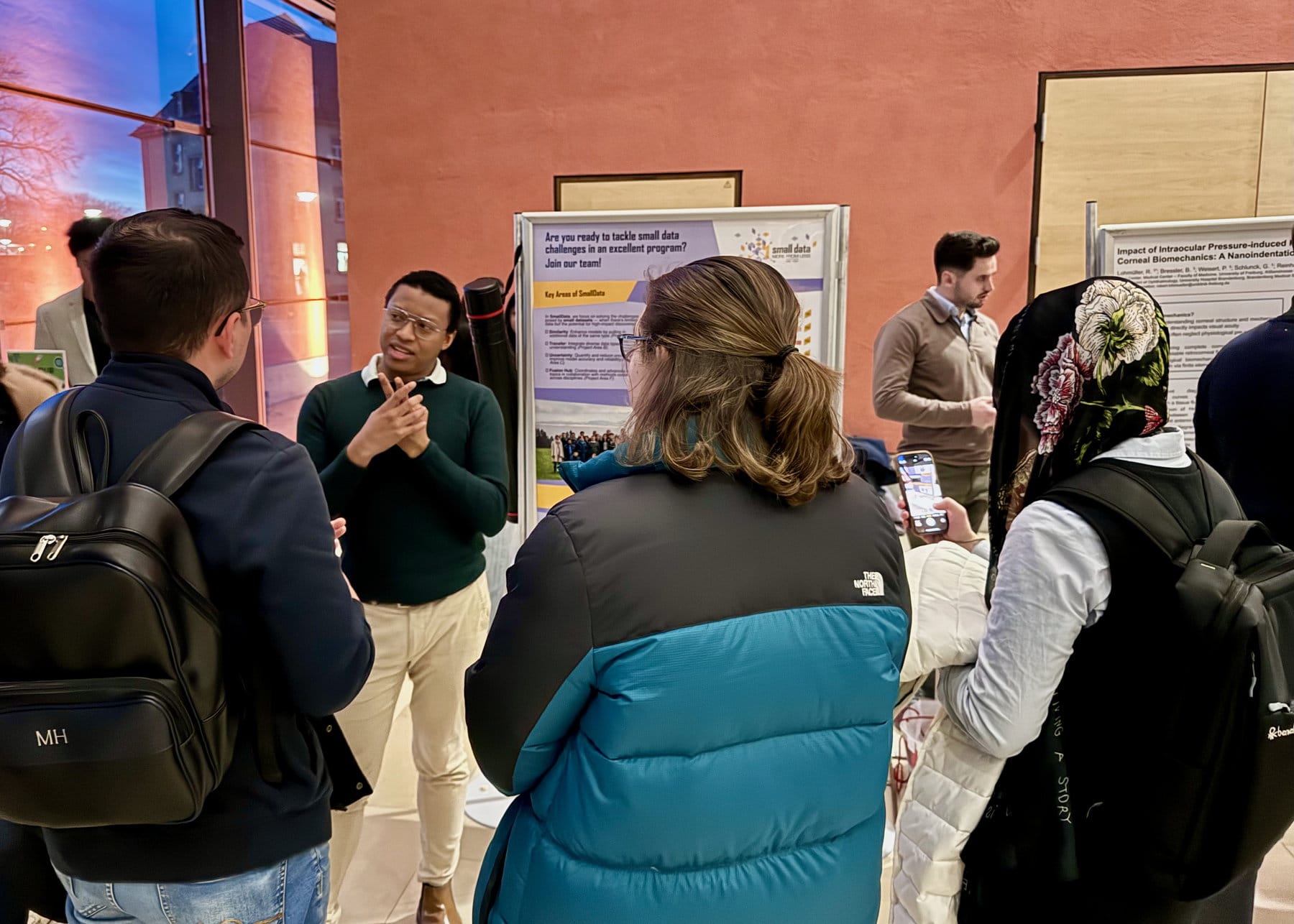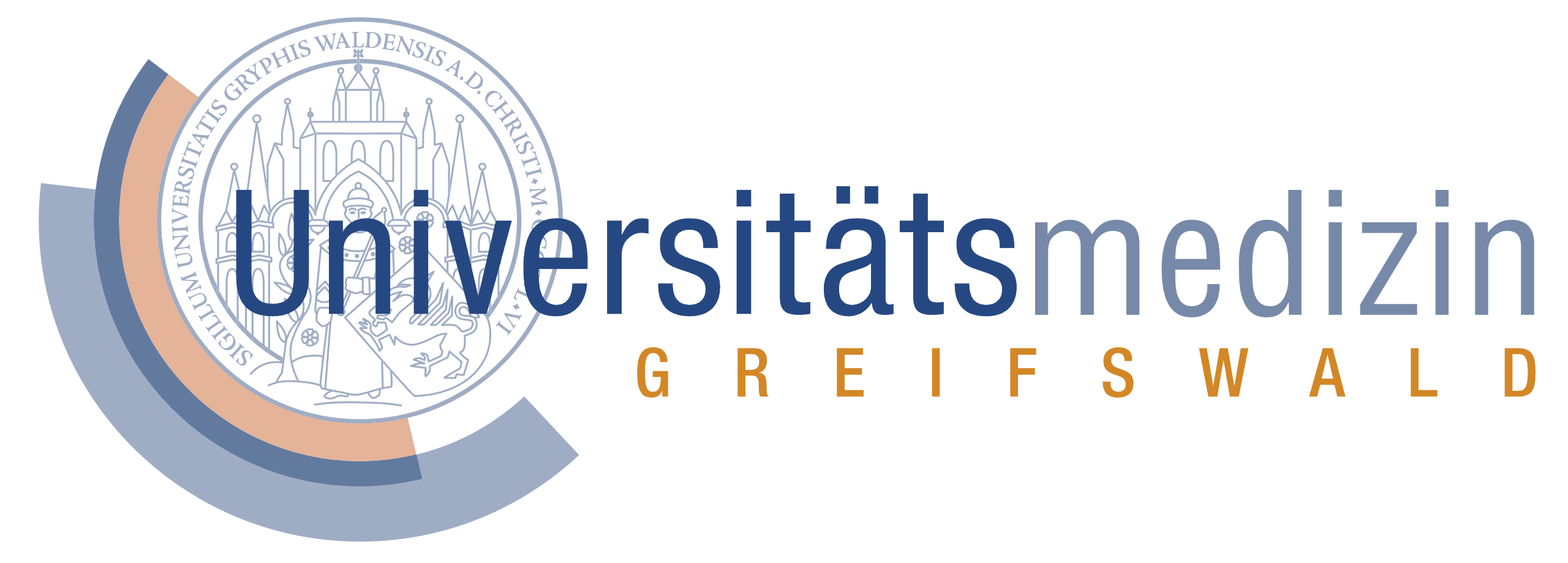The recent progress in artificial intelligence has been facilitated by big data volumes and data-driven modeling approaches. However, there is a much larger number of applications where data analysis has to be performed with a relatively small number of observations. This can be addressed with knowledge-driven approaches, such as differential equations that incorporate biomedical domain knowledge, or by adapting data-driven approaches, e.g., neural networks, or ideally by combining the two types of approaches. When developing such methods for small data settings, three key areas need to be addressed: similarity, transfer, and uncertainty. This enables combination of similar observations, e.g., from different hospitals, and more generally transfer of information, e.g., between genome screening and mechanistic models, while quantifying and reducing uncertainty. For creating comprehensive solutions that fuse such exciting emerging ideas, our Collaborative Research Center (CRC) 1597 'Small Data' (SmallData), which started on October 1st, 2023, integrates contributions from computer science, mathematics, and statistics/systems modeling, with input from biomedicine. Our doctoral program SMART is key for establishing a shared language across those disciplines. We are located in Freiburg, Germany, with external partners in Bochum and Greifswald. For more details see our scientific framework and interdisciplinary approach, or have a look at the individual research projects.
